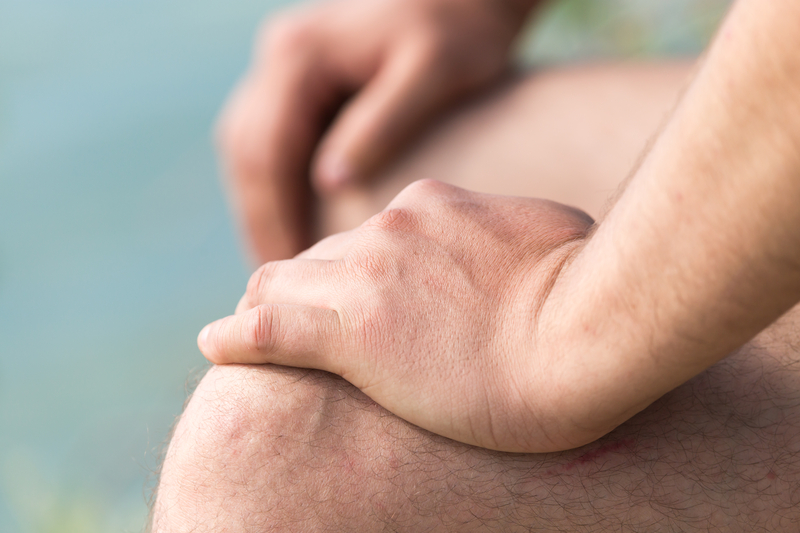
New Orleans orthopedic surgeon Dr. Richard Meyer finds that as people age, it’s often the knee that reminds them that they are getting older. It may be stiffness, weakness or pain, but whether you’re simply getting out of bed or walking onto the tennis court, you know something has changed.
To a generation that is used to coming into the office on Monday mornings and swapping stories about youthful-sounding injuries like shin splints and rotator cuff tears, the diagnosis of osteoarthritis – which is the most common form of arthritis in the knee – may be difficult to take.
The condition occurs as the cartilage that covers the bones at the joints – known as the articular cartilage – wears away with use. Part of the problem is that with age, the makeup of the cartilage changes so that it retains less water, making it more vulnerable to stress. And being overweight can make it even worse.
But in the end, genetics, and the kind of cartilage you got from your parents, may play the biggest role. It’s a bit like purchasing tires – you can buy those with nice treads or you can get retreads.
It’s not terribly surprising that your New Orleans orthopedic surgeon is seeing more and more baby boomers in the waiting room. But there is evidence that boomers may be seeking knee treatment in disproportionate numbers.
Some believe that this may be because members of the first generation to grow up exercising have put a lot of wear and tear on their bodies. Another reason some boomers may be asking about knee replacement surgery is that they have greater expectations of their bodies. Before, most people did not see a doctor until they could barely move around. Now patients complain that they can’t exercise, ride a stationary bike (or regular bike) or go for walks of one or two or three miles.
If trends continue, many boomers will, in fact, have the surgery. But New Orleans orthopedic surgeons caution that it does not help everyone. And since the replacement knees have a limited lifespan, it is not clear how someone who has the surgery in their mid-40s will do later in life.
Some orthopedic surgeons encourage patients with knee problems to try other approaches first, such as weight loss, exercises to increase range of motion and flexibility and devices that support the knee. Dietary supplements such as glucosamine and chondroitin may relieve pain for some, but there is no proof that the supplements actually slow degeneration.
If you are having problems with your knees – don’t hesitate – call the office of New Orleans orthopedic surgeon Dr. Richard Meyer today to Schedule a Consultation. You don’t have to live in pain!